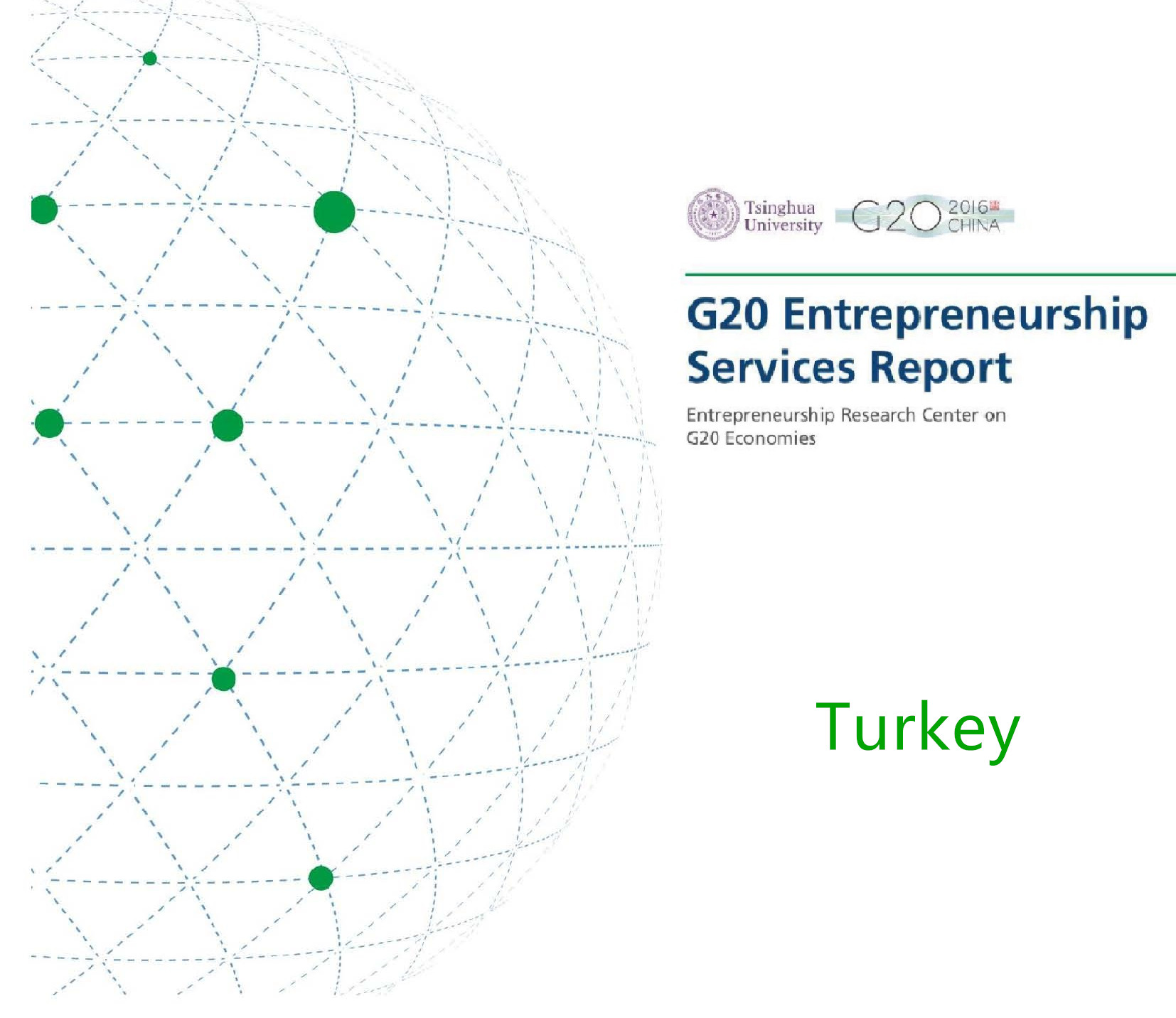
Summary
Turkey defines small and medium-sized enterprises (SMEs) based on the number of employees, revenue, and balance sheet, following the European Union (EU) definition. According to the Small Business Act (SBA) for Europe Report 2017, the number of SMEs accounted for 99. 8%, the number of employees in SMEs accounted for 73. 5%, and the added value of SMEs accounted for 53. 5% of all Turkish firms. Turkey defined the strategic plan for entrepreneurship and SMEs in the Developing the Entrepreneurship Protocol (2012). Turkey’s Small and Medium Industry Development Organization (KOSGEB), Ministry of Development, and Council for Scientific and Technological Research (TUBITAK) are government departments mainly responsible for supporting the development of innovation, entrepreneurship, and SMEs.
In terms of fiscal and financial support, the Turkish government provides financial subsidies to support start-ups, such as the start-up funds provided by KOSGEB. Incentives have also been taken to reduce fees and taxes for start-ups and SMEs, with an emphasis on supporting young entrepreneurs, private institutions engaged in R&D, educational institutions, and high-tech companies. In addition, the Turkish government has set up a Credit Guarantee Fund (KGF) to expand financing channels for start-ups and SMEs, and to give special support to export, female and young entrepreneurs, and agricultural fields. Moreover, the Technology Development Foundation of Turkey (TTGV), a non-governmental organization, provides various financing channels for start-ups to solve financing problems. It launched a new Initial Market Entry Investment Program named HIT in 2017 to support health technology start-ups. Finally, the Turkish government promotes the development of venture capital through tax cut and other financing channels.
In terms of entrepreneur services, TIM-TEB Global House provides financial support and market expansion services for start-ups to help them develop overseas markets. The Turkish government standardizes the management of incubators and provides financial subsidies and tax cut for the management companies of the Technology Development Zones (TDZs), start-ups in the zones, and R&D activities in the zones. In Turkey, series of events and contests have played an important role in promoting information exchanges among entrepreneurs. Examples of such events and contests are the Business Plan Award and the Turkey Innovation and Entrepreneurship Week. In addition, the Turkish government encourages start-ups to compete for the European Enterprise Promotion Awards.
KOSGEB has been promoting entrepreneurship training courses nationwide since 2000, and plays an important role in non-school entrepreneurship education training. Besides, through the Entrepreneurial and Innovative University Index (EIUI), entrepreneurship education of higher education institutions in Turkey has been greatly improved. Entrepreneurship education has also been integrated into Turkish secondary education. Finally, Turkey pays special attention to spreading the entrepreneurial culture and raising people's awareness of entrepreneurship through the publicity of entrepreneurship contests and entrepreneurial role models, as well as entrepreneurship education.